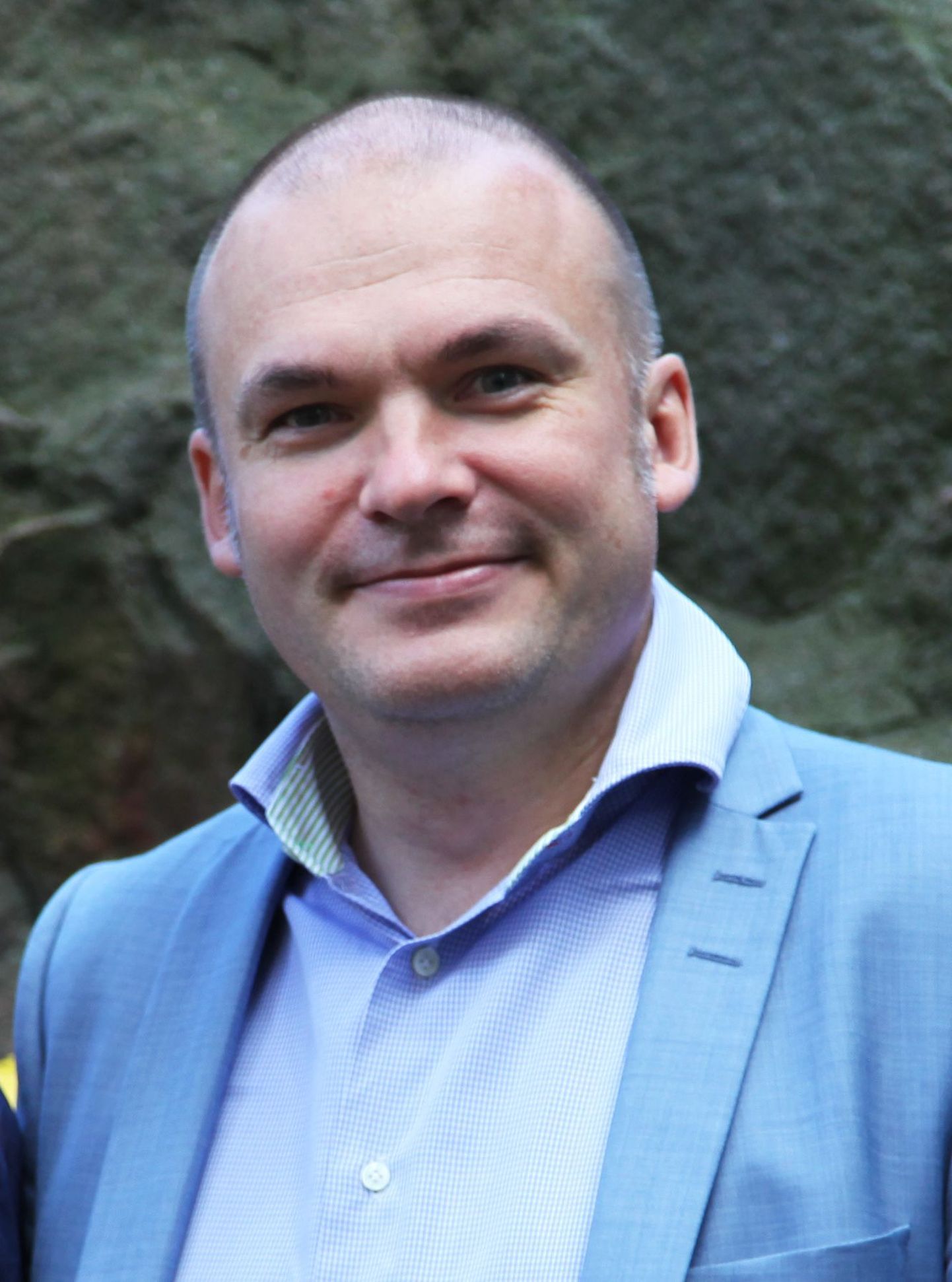Judging by opinion polls, it may basically be said regarding Finns that a third feels very positively about Russia, a third negatively, and the remaining third neutrally.
-You have advised that Finland consider joining NATO.
I wrote a book on NATO in 2002 and was, back then, of the opinion that Finland might join NATO which had become the strongest security guarantee for Europe. This was the time when even Russia was in cooperation with NATO. Back then, the situation was altogether different.
Then, in Finland the debate rather centred on whether we should send our troops to Iraq and, as members of the organisation, essentially obey USA. Truth be told, during the time Finns were rather troubled by the United States than Russia.
Currently, I think that it might be more secure for Finland to belong to NATO, but the issue is how to become a member. In the current political climate, it would be a very risky step.
For Finnish security, belonging to NATO would surely be helpful, while provoking Russia.
(Present at the talk is political scientist Andres Kasekamp, who provides references to his discussions with Finnish colleagues: Finland ought to have joined NATO 10 or 15 years ago, but it cannot do so now. Paradoxically, back then Finland never joined NATO because there was no need – now with Russia having turned dangerous and membership thus making sense, for that very reason the Finns think joining NATO to be risky.)
At University of Tartu, Mr Forsberg held a lecture as invited by Finnish Institute, Granö Centre of the University of Tartu, and Centre for EU-Russia Studies.

